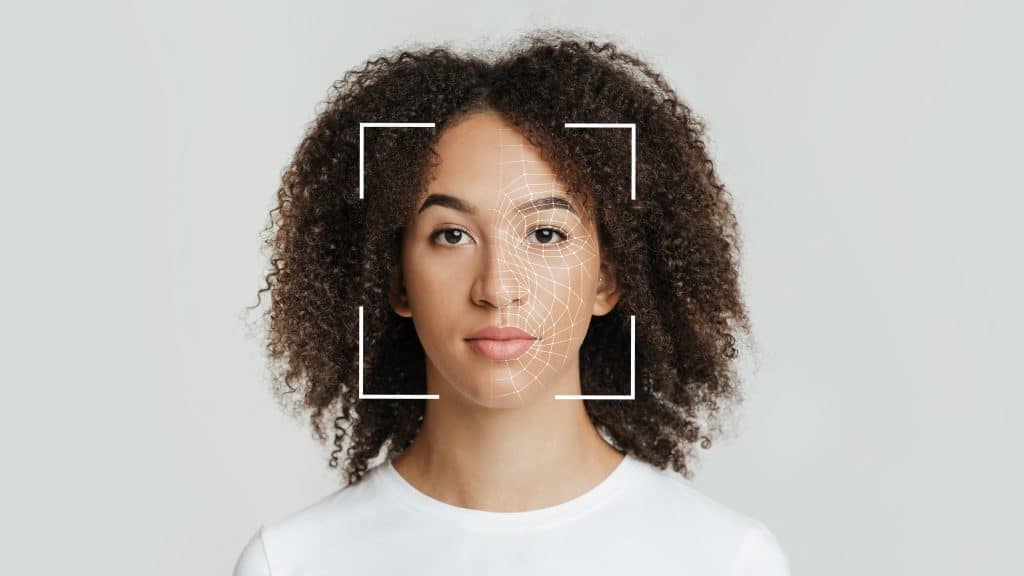by Chris Burt, Activist Post:

Face biometrics are powering identity checks for employment, air travel, and enterprise access control in some of the most-read stories of the past week on Biometric Update. The latter is through a partnership between Idemia and Microsoft. The threat that generative AI poses, for fraud in general and spoof attacks on face biometric systems in particular, is also reflected in the week’s top headlines. A guest post from Regula highlights how businesses can respond to deepfake crime. And a new tool from OpenAI could be put to nefarious uses, though whether it will and how effectively remain to be seen.
TRUTH LIVES on at https://sgtreport.tv/
Top biometrics news of the week
New guidelines have been issued by the UK Home Office for employers carrying out Right to Work checks to clarify the situations in which they are protected from liability by using a certified digital identity service provider (IDSP). Meanwhile, the value of biometrics for background checks was highlighted in a study published by researchers from a pair of American universities.
Face biometrics are continuing to roll out at new airports and expand where already deployed, providing mounting evidence for SITA’s forecast that almost two-thirds of global airports will use biometric self-boarding gates by 2025. Adoption in Thailand is slower than hoped, but the Philippines government wants to use biometrics throughout the country’s airports. Deployments are going live in Nigeria and Spain, and Digi Yatra has reached 14 million users.
Kenya is being advised in a policy paper from Amnesty International, written in collaboration with Strathmore University’s CIPIT, to complete a long-awaited data protection impact assessment for its latest digital ID initiative, Maisha Namba. Stronger public awareness and participation should be encouraged, it argues. The paper compares Kenya’s system to examples in other countries that have digitized public services.
There are millions of people in the world who posses legal ID, but cannot use it in the digital world, says a report from the World Bank’s ID4D initiative. ID systems in most countries rely on digital data for public service delivery, according to the report, but well over a billion people cannot verify their identity online. Bodies in Brazil, India and the Philippines won Future of Government Awards from the UNDP.
Vietnam’s national digital transformation project has reached the practical implementation and infrastructure development stage. The stage includes the deployment of biometric verification technology to social security offices to use with ID cards that will store face, fingerprint, iris, voice and DNA records. Linking up government systems for interoperability is among the next steps.
A prominent and expensive fraud attack carried out with generative AI demonstrates the importance of automated identity verification and liveness detection, but also individual vigilance, Regula EVP of Identity Verification Solutions Henry Patishman writes in a Biometric Update guest post. The fake Zoom call may not have cost $25 million if a comprehensive defense was already in place.
New text-to-video model Sora has been launched by OpenAI, creating mostly-realistic footage of imaginary scenarios in minutes from prompts shorter than 100 words. How useful the tool will be for fraudsters is yet to be seen, but the less sophisticated model on underground site OnlyFake has already shown the commoditization of generative AI for fraud.



